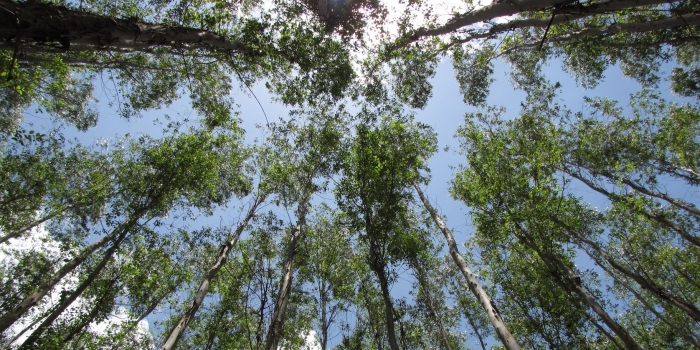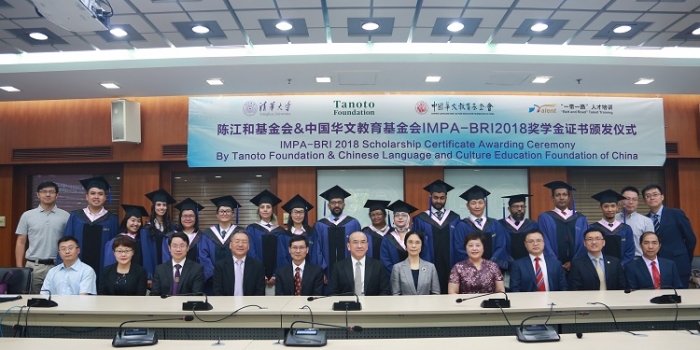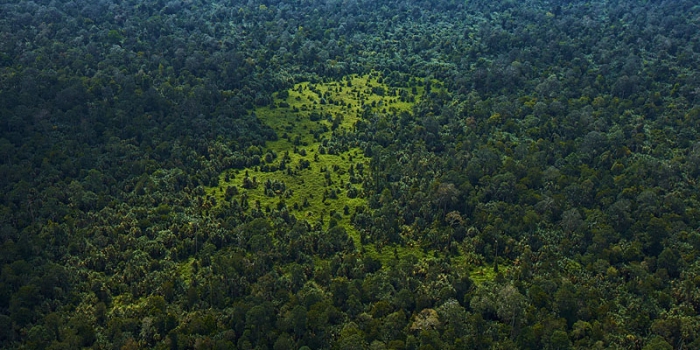Sateri, a member of the Royal Golden Eagle group of companies, has released its 2017 sustainability report. This second edition documents key achievements and milestones in 2017, as well as efforts in sustainability and stakeholder engagement.
Prepared in accordance with the Global Reporting Initiative Sustainability Standards (GRI Standards 2016), the report includes the following highlights:
A Leader in Production and Sustainability
Since its first Sustainability Report (2016), Sateri’s total viscose production capacity has increased to 800,000 tonnes per annum (more than 30 percent increase). This makes Sateri the largest viscose producer in China, and one of the largest in the world.
In addition to these developments, the company earned STeP by OEKO-TEX certification. The certification involves an audit of areas in chemicals management, environmental performance, environmental management, social responsibility, quality management and occupational health and safety. Sateri scored the highest of a three-tier rating in all six areas. OEKO-TEX is a Swiss-based organisation that specialises in sustainability certification for the textile industry.
The company was also granted use of the “MADE IN GREEN” label, also administered by OEKO-TEX. Products carrying the label are certified free from harmful substances and manufactured by environmentally-friendly, safe and socially-responsible enterprises.
Sustainable Sourcing
Sateri has also increased its uptake of certified and responsibly-sourced dissolving woodpulp to 91 percent in 2017, up from 71 percent in the previous year. This means 91 percent of purchased pulp was PEFC or FSC certified or controlled. This brings Sateri another step closer to its 2020 goal of 100 percent.
It continues to encourage its suppliers to adopt international standards and practices, on top of operating and managing their production sites sustainably. To ensure its suppliers and partners are aligned with its sustainability and sourcing policies, Sateri focuses on long-term partnerships with responsible suppliers, forest protection organisations and other relevant stakeholders to protect High Conservation Value and High Carbon Stock forests, the rights of communities and workers, and implement best practices in chain of custody management.
The company has exercised due diligence in enforcing its sustainability policies, employing holistic frameworks and methodologies in its evaluation of 227 new suppliers. Areas evaluated include: Business ethics and integrity; quality control system and application standards; and environmental, health and safety commitment, environmental policy and programme objectives and key environmental performance as well as carbon effect.
The collaboration with stakeholders is not merely aimed at raising standards in sustainable practices but to also improve transparency in the industry.
Good for Community

Sateri rolls out programmes in schools to raise awareness on the environment and its protection.
In line with its founder’s operations philosophy, Sateri actively engages its communities, enriching them with diversified community development programmes. Its multi-prong community development initiative comprises educational aid, environmental protection, poverty and disaster relief, and cultural ethics.
The sustainability report documents, among its many community-focused programmes its donations of over 11,000 books and eight libraries, aimed improving school and classroom infrastructure. Sateri’s multifaceted support for education in the community has benefited over 18,000 students. It has also run programmes to raise awareness on the environment and its protection.
Viscose, a 100% Bio-based Product
Sateri’s viscose is made from dissolving pulp, derived from 100 percent wood cellulose. This makes it an ideal natural alternative to acrylic fibres, nylon fibre, polyester fibres, and other petroleum-based synthetic fibres. Its viscose (white) has been certified a 100 percent bio-based product by the United States Department of Agriculture. Bio-based products play an increasingly important role in helping reduce greenhouse gas emissions.
Find out more about Sateri and viscose at http://www.sateri.com/.
Read Sateri’s 2017 Sustainability Report on Issuu, or download from Sateri’s corporate website.







